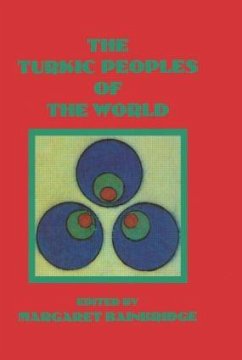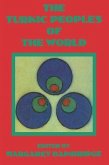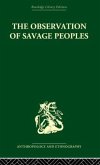First Published in 1993. From time to time the outbreak of hostilities in some part of the world or other brings to the notice of the Western media peoples of whose very existence they have previously been unaware. We may mention two such which have made headlines in 1989 and 1990: the Turks of Bulgaria and the Azerbayjanis of the Soviet Union and Iran. Too frequently, however, in interpreting such events, observers tend to attribute the conflict to the one factor which happens to be fashionable at the time; currently that factor seems to be religion. Too rarely do they observe other differences which may exist between the parties in conflict and which may in the end prove more potent; for instance, that the factor most likely to set people apart from each other as they go about their daily business may not be religion at all, but language. As an example of this, too few have pointed out that the Azerbayjanis of the Soviet Union differ from the neighbouring Armenians not only in religion but also in language, and that this contrasts with the situation over the border where the Azerbayjanis of Iran differ from neighbouring Iranians only in language, in speaking Turkic, for they share with the majority Persian population their Shi'ite Muslim faith. This volume holds a collection of essays on the Turkic people in different countries.
Hinweis: Dieser Artikel kann nur an eine deutsche Lieferadresse ausgeliefert werden.
Hinweis: Dieser Artikel kann nur an eine deutsche Lieferadresse ausgeliefert werden.








